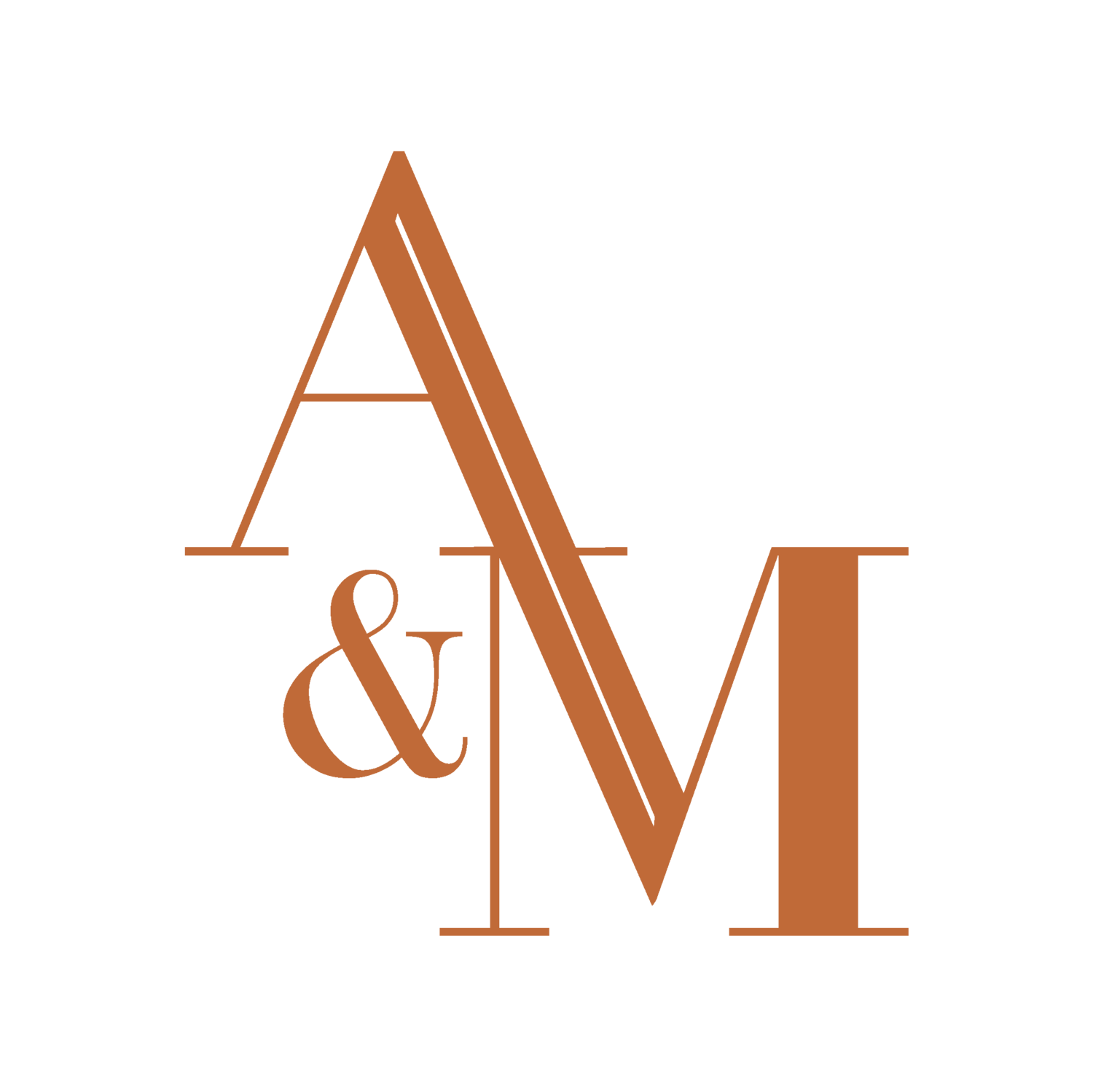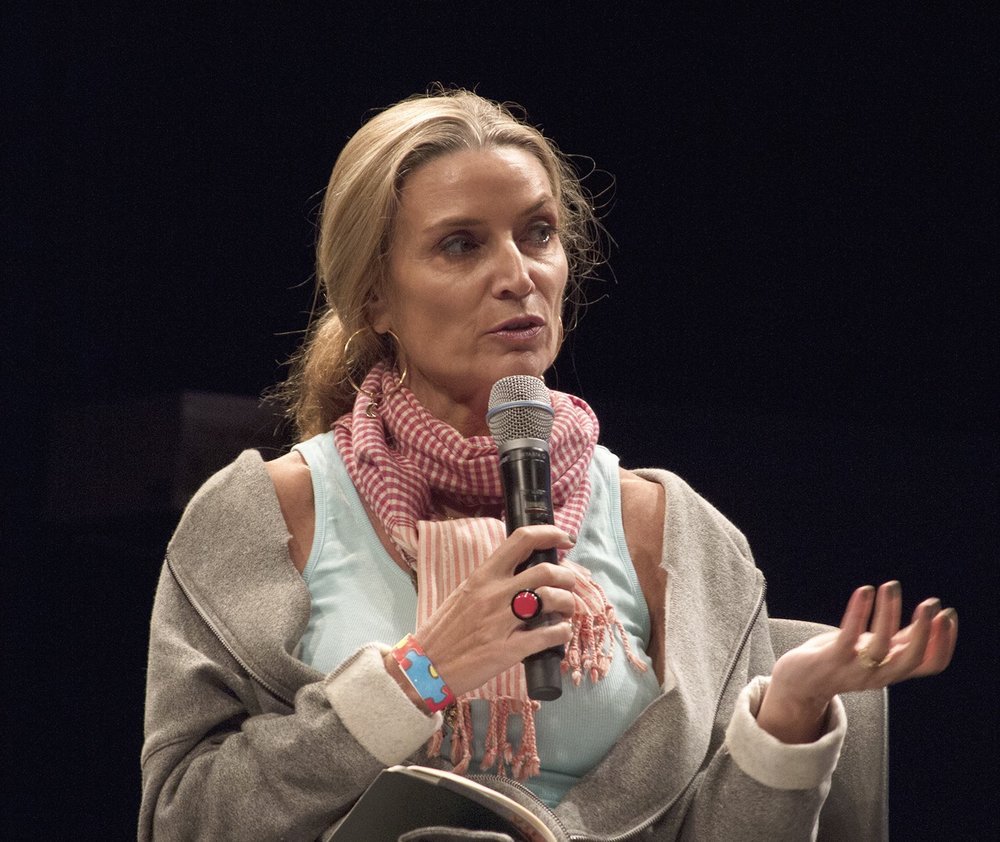Interview with Sawangwongse Yawnghwe
Politics, painting and radical action
By Ian Tee
Sawangwongse Yawnghwe, 'House in Rangoon', 2019, oil on linen, 196.2 x 223.5cm. Image courtesy of the artist and TKG+.
For Shan artist Sawangwongse Yawnghwe (b. 1971), the personal and political are closely intertwined. His grandfather, Sao Shwe Thaik, was Burma's first president after the country gained independence from Britain in 1948. However, his family was driven into exile after the 1962 military coup by General Ne Win. Yawnghwe's practice engages with these political events and the conditions of being an outsider. His paintings and installations explore suppressed histories and unrecorded memories, seeking to map the complex power structures behind this region's conflicts.
Against the background of escalating global refugee crises, Yawnghwe's voice resonates strongly and urgently. Within the last year, he had presentations at the 9th Asia Pacific Triennale of Contemporary Art (QAGOMA, Brisbane), 12th Gwangju Biennale 'Imagined Borders/Phantom Borders', the inaugural Bangkok Art Biennale, and travelling exhibition 'A Beast, A God, and A Line' (Museum of Modern Art, Warsaw; Pyinsa Rasa Art Space & Myanmart, Yangon; Para Site, Hong Kong).
We speak to the artist on the occasion of his new solo exhibition 'Yawnghwe Office in Exile | State Museum: Absoluter Gegenstoss / Absolute Recoil' at TKG+.
Sawangwongse Yawnghwe, 'Yawnghewe Office in Exile/ State Museum / Absoluter Gegenstoss / Absolute Recoil', 2019, exhibition installation view. Image courtesy of the artist and TKG+.
The title of your new show at TKG+ Projects reference the works of philosophers Georg Hegel and Slavoj Zizek. Can you speak about how their ideas inform the exhibition content?
The expression "Absoluter Gegenstoss" is taken out of Zizek's introduction to his book 'Absolute Recoil'. According to Zizek, it is an expression which Hegel uses only once. This comes at a crucial point in Zizek's logic of reflection "to designate the speculative coincidence of opposites in the movement by which a thing emerges out of its own loss."
Dialectical Materialism is practiced within these paintings. In addressing the exhibition as 'State Museum', I am using the mechanism which destroyed my family and cultural life to produce something new and unknown. In this case, it is General Ne Win's military coup in 1962. If one looks carefully at the photographs deployed in the painting, they are stained by a thin layer of paint and sectioned by blocks of colour. Brush marks cover up parts of the images, and the work presents a kind of massivity of paint. Black becomes more black and abstraction becomes more real than the real itself. Hegel and Zizek's work does not necessarily inform the exhibition content, but it becomes more like a knife that cuts through it.
Sawangwongse Yawnghwe, 'Yawnghewe Office in Exile/ Platform to Dissent', 2018, installation view. Image courtesy of the artist.
You have presented 'Yawnghwe Office in Exile' in various iterations in Brisbane, Amsterdam, New Delhi, and most recently at the Bangkok Biennale 2018, with the subtitle 'Platform to Dissent'. Do you see it as a large overarching project? And how has the work developed over time?
I see the 'Yawnghwe Office in exile' as an on-going work with each stage going through a kind of re-iteration. I see each exhibition as a chapter or episode. The work has developed as a critique of power, and in many cases they concern the abuse of power by the Burmese (Myanmar) government.
Sawangwongse Yawnghwe, ‘Spirit Vitrines (Memoirs of a Shan Exile)’, 2016, clay, vitrines, wax, soap, mud, felt, rice paper, cotton, silk, holy threads, pigment, spice, water and oil, dimensions variable. Commissioned by Steirischer Herbst for 'Body Language: Migration of Gestures' at Kunsthaus Graz. Photo by Wolf Silveri.
A recurring aspect of your work deals with history vis-à-vis its institutions, especially the museum. Projects like 'Yawnghwe Office in Exile' posit this critique more explicitly, though there are also subtler manifestations which appropriate museological display, such as 'Spirit Vitrines (Memoirs of a Shan Exile)'. Do you see the museum as the arena where art and politics meet?
Yes, absolutely. Museums must have this function in our society. Although some may disagree, institutions like museums or art spaces are where this kind of discourse should be welcomed. However, museums in the West are usually where governments end up keeping and displaying the spoils of war or evidence of their looting from colonial times. This has not changed.
I notice that the image referenced in 'My Uncle Sao Myee' also appears in 'Untitled (green and grey)' where it is cropped next to bands of pink, grey and green. A number of your paintings employ a similar approach of juxtaposing washed-out images among blocks of colour. How did you end up with these compositions? What does the medium of painting offer to your practice?
Painting at this moment, I claim, is the most radical action one can embark upon. I see painting as the new language imposed on me as a result of my exile. When I grew up in the jungles along the Shan-Thai border and in Thailand, Western painting practices were unknown to me. I was not exposed to it until my family escaped to Canada when I was at the age of 12. To me, painting is "a thing that emerges out of its own loss”, to borrow Zizek's words. In this case, the four edges which make up a rectangle or a square constitute a painting. I ended up with these compositions through cutting up and blocking off the images, like old family photographs. There is this sense of dealing with and coming to terms with loss, new codes and new languages. I have tried to ease myself into and out of my predicaments.
Sawangwongse Yawnghwe, 'Untitled (green and grey)', 2019, oil on linen, 64.5 x 115cm. Image courtesy of the artist and TKG+.
Did you always know you wanted to be an artist? What keeps you going when you struggle with your work?
No, the term "artist" is also an elusive term to me. As a child, I never understood how one could become the "maker" of art. It was only after being exposed to artists like Van Gogh and Picasso, that I realised pursuing art is seen as a legitimate career choice in the West. However, I still did not understand how one could make a living out of it during my time at art school and university in the early 90s. I only realised much later that it is an ivory tower that one has to climb.
What keeps me going when I struggle with work? It's the opposite: it is work that keeps me going when I struggle with life.
In a previous interview with the Bangkok Post, you mentioned that growing up in Thailand, you assumed the identity of a Thai for safety reasons before your family immigrated to Canada. I am wondering what brought you back to the Chiangmai for a period of time and what is your relationship with this place?
I went back to Thailand because it was nearly impossible for me to work in Europe due to the high cost of rent and materials. Chiangmai provided me with a great network and space to work. Since I am able to speak a bit of Thai, being accepted in the artistic community was not as difficult as it was in the West. The openness of the Thai artists is wonderful. We are brothers and sisters.
Sawangwongse Yawnghwe, 'My Father', 2004, oil on linen, 26 x 33.5cm. Image courtesy of the artist and TKG+.
What does "home" mean to you as a word or idea?
"Home" is not the place I left it. Home is a capitalist invention. Home is overrun by foreigners taking selfies with war criminals. Home is where my people are systematically exploited out of their land and natural resources. Home is a war-torn place. Home is a place where you can survive a war only to be killed by the lack of healthcare. Home is where the military killed my uncle, took our land, and built condominiums on it. Home is the genocide of 1 million Rohingya. Home is carpetbagging, drug trafficking, where murders are committed by people in high places. Home is where a hipster can drink her mango juice and Instagram her Yangon balcony while saying, "I am happy to be home." Home is where the doves go to die.
Can you share any upcoming projects we can look forward to?
My next project looks at Asia's opium history. I will be part of the 7th Asian Art Biennial 'The Strangers from Beyond the Mountain and the Sea' by the National Taiwan Museum of Fine Arts in October 2019, and the Dhaka Art Summit in February 2020.
This interview has been edited for clarity and length.
'Yawnghwe Office in Exile/ State Museum/ Absoluter Gegenstoss/ Absolute Recoil' is on view at TKG+ Projects from 11 May to 7 July 2019.



















